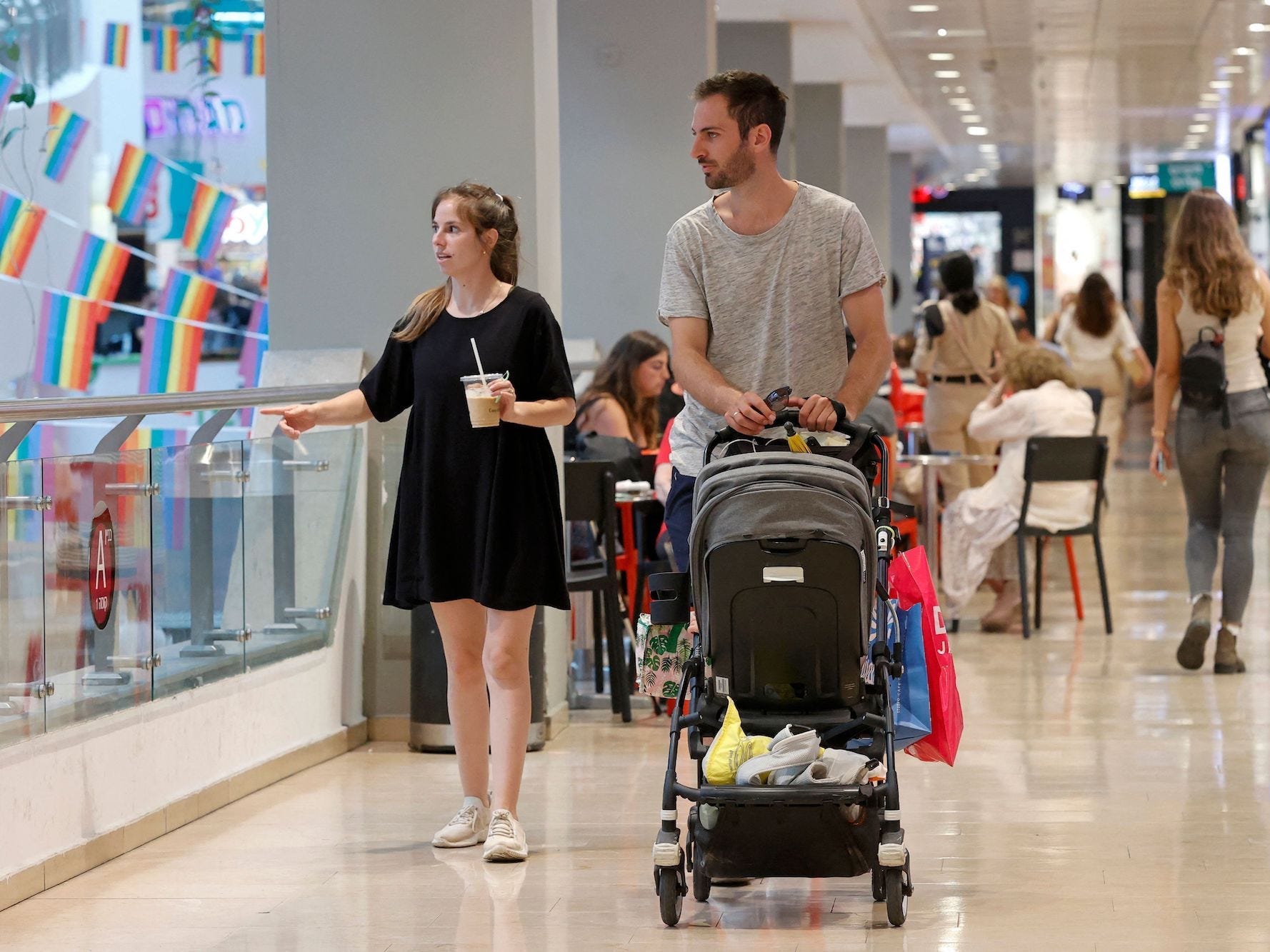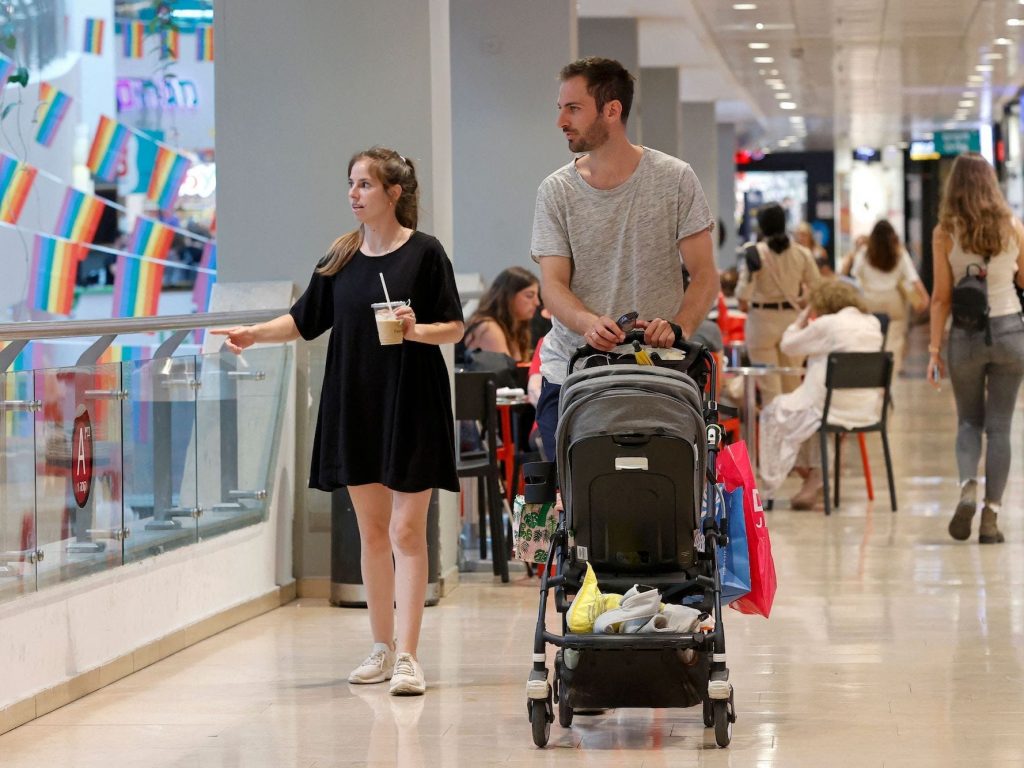
JACK GUEZ/AFP/Getty Images
- Israel reinstated indoor mask-wearing rules on Friday as COVID-19 case spike up again.
- The country had lifted that mandate just ten days ago.
- The current surge in cases is likely driven by the Delta variant, Israel's pandemic czar said.
- See more stories on Insider's business page.
Israel is imposing mask-wearing rules indoors once again as the country faces a new surge in cases.
The mandate, which was reinstated on Friday, was announced on public radio by Israel's pandemic-response coordinator Dr. Nachman Ash.
The country's health ministry also recommended that people wear masks outdoors during mass public events, such as the Pride events scheduled for this weekend.
The news is a setback for the country, which just ten days ago had lifted its indoor mask-wearing measures.
Daily new reported cases in the country had dropped in the first half of June, hovering around an average 15 cases a day, according to data from Israel's Health Ministry.
That was its lowest count in more than a year, prompting some experts to wonder whether the country's vaccination campaign had led to Israel reaching herd immunity, Insider's Aria Bendix reported. As of Thursday, some 63% of all people in Israel have received one dose of COVID-19 vaccine, and 59% are fully vaccinated, according to Our World in Data.
But the country has recently seen a recent uptick in cases, with more than 100 new cases a day over the past four days.
The surge is likely driven by the Delta coronavirus variant, Ash said, noting that 227 new cases were recorded on Thursday.
"We are seeing a doubling every few days," he said.
As many of half of those new COVID-19 cases were among vaccinated people, Chezy Levy, the director-general of Israel's health ministry, said earlier this week.
However, the infections among vaccinated people were mostly mild. Vaccinations have been found to protect people against severe forms of COVID-19.
As such, Ash said he does not believe that the country is entering a fourth wave, Hareetz reported.
"The rate is high because there are relatively few cases. As more cases are found, we don't expect it to continue at this rate," he said.
In spite of the rise in cases, the country has not seen an increase in hospitalizations or deaths, though Ash said that not enough time has passed to be certain that the trend wil continue.
"We hope the vaccines will protect us from a rise in hospitalization and difficult cases," he said.
